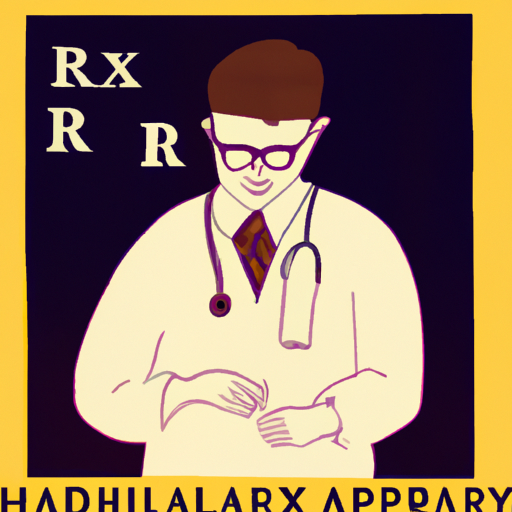The Shocking Role of Healthcare Providers in the Opioid Crisis: A Case Study
Following an in-depth examination of the Tennessee case where a nurse practitioner was sentenced for illegally prescribing opioids, it’s clear that we need to view the opioid crisis in Canada not just as a community-centric issue but also within the nuanced context of healthcare settings where trust can be misused.
The ‘Rock Doc’ Case
The case revolves around a nurse practitioner who spectacularly abused his position of trust, handing out illegal opioid prescriptions. A figure on the periphery of the music industry, he pursued his passion for music, leading a double life as the so-called “Rock Doc.” Using the prescription pad like a music sheet, he orchestrated a disastrous symphony that deepened the opioid crisis instead of healing the community he was medically bound to serve.
The Ripple Effects of the Opioid Crisis
Although the reported case originates from Tennessee, USA, the scenario is far too familiar to Canadians grappling with our own opioid crisis. The epidemic’s ramifications echo broadly across community and civic landscapes, including:
– A rise in opioid-related overdose fatalities, touching countless families and leaving a trail of grief and trauma
– A surge in crime rates as addicts, driven by desperation, resort to theft and violence to finance their addiction
– The strain on healthcare resources, already stretched thin, through escalating emergency room visits, hospitalizations, and demand for mental health services
– The ballooning homeless population, as many battling this addiction lose jobs, homes, and support structures
It’s crucial to address this crisis pervading our nation urgently and innovatively.
Addressing the Opioid Crisis: Multiple Avenues
Efforts across Canada are underway to tackle this stinging issue, such as:
– An opioid class action lawsuit against pharmaceutical companies, alleging misleading advertising about opioid painkillers’ addiction risks
– Wider distribution of naloxone kits — lifesaving antidotes to opioid overdoses
– Establishment of supervised consumption sites
– Conduction of awareness campaigns
But the ‘Rock Doc’ case draws attention to another necessary frontier of action: the role of healthcare providers.
The Trust Equation: Rebuilding Confidence in Health Care Institutions
Looking ahead, it’s vital to recognize and monitor the role that healthcare practitioners play in the opioid crisis. They stand at a unique junction of trust, access, and power around opioids. This case underscores the need for rigorous oversight of prescription practices, as well as robust consequences for those who abuse this privileged position.
We must diligently ensure that the few who disregard the Hippocratic oath do not undermine public trust in healthcare institutions. For patients seeking pain management options, the reassurance that their providers are acting in their best interest is crucial.
To counteract such situations, strategies should include:
– Rigorous and continued training for medical professionals around the implications and risks of opioid prescribing
– Increasing transparency in and tracking of prescription practices
– Steeper penalties for illegal prescription activity in order to deter misuse
Conclusion: A Shared Responsibility to Navigate the Crisis
The opioid crisis isn’t a singular problem; it manifests in interconnected and complex forms across society. It demands our collective vigilance and multi-pronged interventions involving law enforcement, policymakers, healthcare professionals, community organizations, and individuals.
In the case of the ‘Rock Doc,’ a trusted member of the healthcare community was found to be a part of the problem, deepening our understanding of the crisis. We should take this as a call to action. As we fight the opioid crisis, it’s essential to confront each aspect causing its spread — including but not limited to unlawful activities of healthcare practitioners.
Let us leverage this painful lesson to fuel a broader dialogue and prompt systemic changes. This way, we can collaboratively move towards a future where such breaches of trust are significantly minimized, and the quality of health and life in our communities vastly improved.
After all, in this sweeping storm of the opioid crisis, we’re all in the same boat — and the actions of one can determine the welfare of many. Our collective efforts now will help prevent a recurrence of such unfortunate incidents, contributing to the larger goal of curbing the opioid crisis in Canada.
